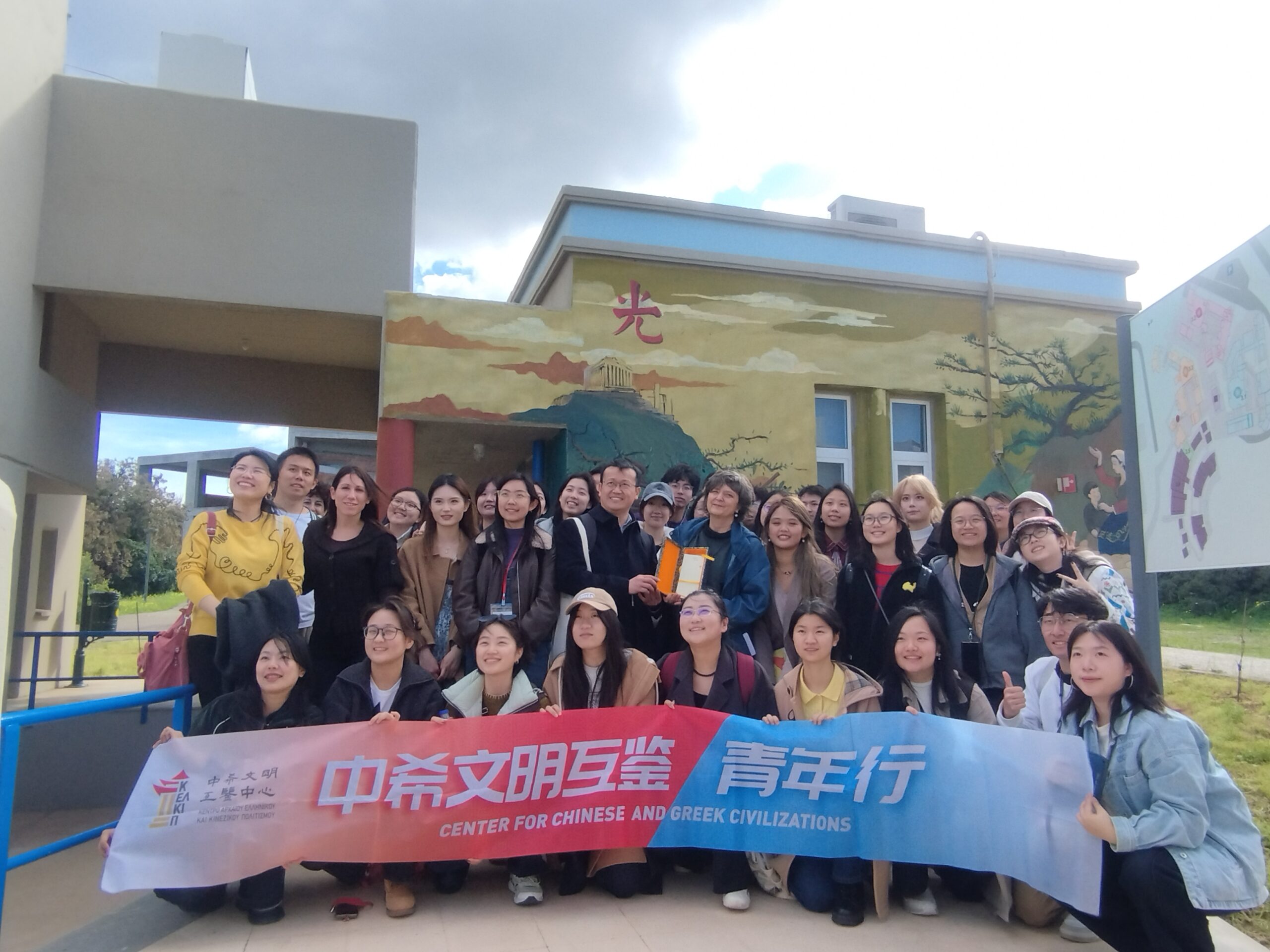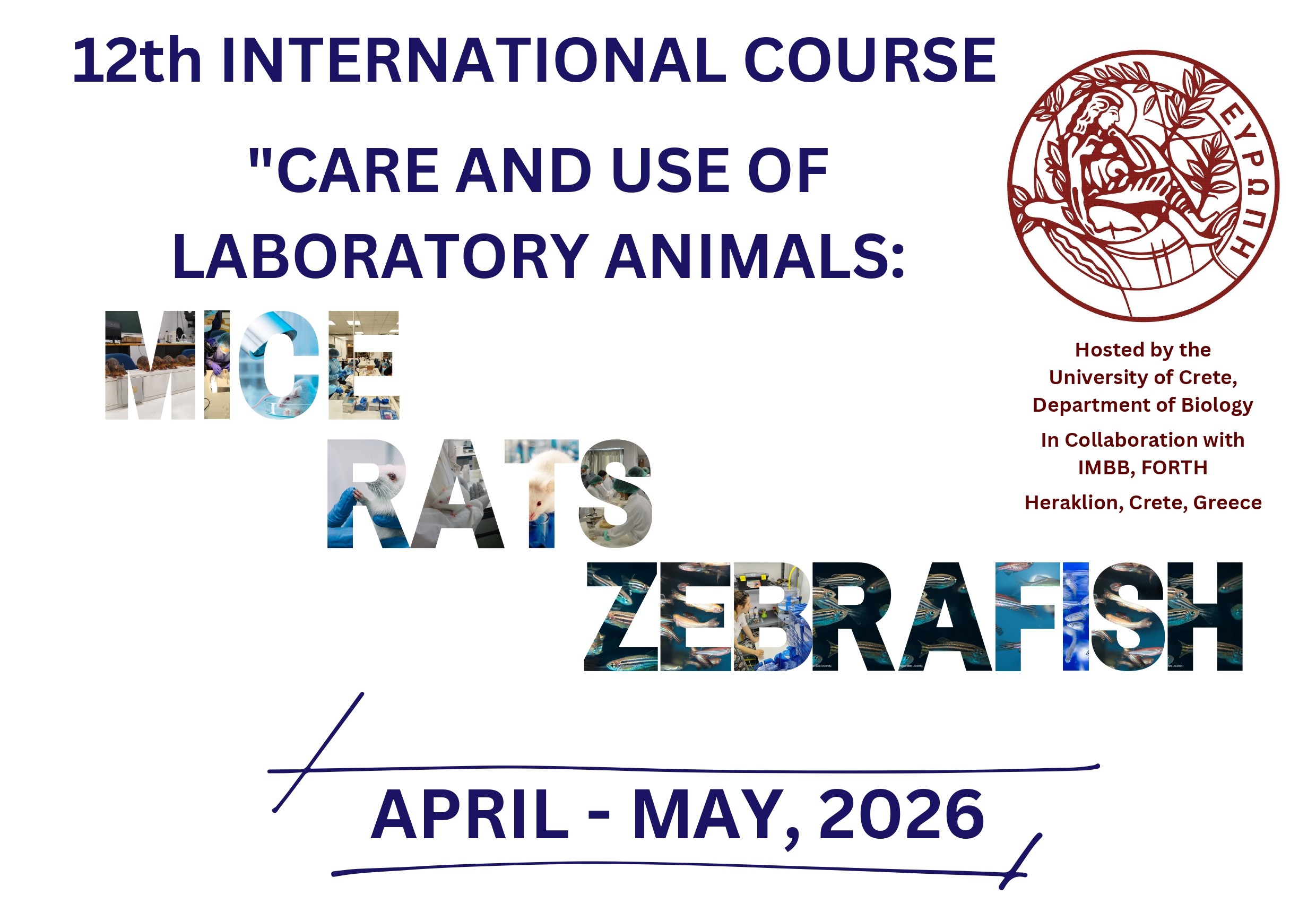The University of Crete spin-off company BioNature (www.bionature.net), founded by the Institute’s Professors Achilleas Gravanis and Ilias Kastanas, signed a cooperation agreement for the clinical exploitation (licensing: licensing for the development of a new drug) of its synthetic substance BNN27. The substance BNN27 advances to the clinical evaluation stages against Diabetic Retinopathy, which affects 190 million patients worldwide, in the form of an eye drop with nanotechnology composition, through the cooperation Novaliq-BioNature.
The head of the BioNature research program for the development of synthetic micromolecular substances that mimic endogenous neurotrophins (Microneurotrophins) such as BNN27 is Mr. Achilleas Gravanis, Professor of Pharmacology at the Medical School of the University of Crete. Central roles in the research program are held by Ms. Theodora Kalogeropoulou, Research Director at the National Research Foundation (NRF) in Athens who synthesizes the Microneurotrophins, and Mr. Yiannis Charalambopoulos, Professor of Pharmacology at the Medical School of the University of Crete who studies their actions on neural tissue. Additionally, the efficacy studies of the Microneurotrophins in eye pathology were coordinated by Ms. Kyriaki Thermos, Professor Emeritus of Pharmacology at the Medical School of the University of Crete.
The spin-off company BioNature and its scientists at the University of Crete and the National Research Foundation (NRF) bring the country to the international drug development industry for the first time. It is the first synthetic chemical substance of Greek inspiration and synthesis to proceed to clinical evaluation for human use. BioNature highlights the ability of scientists from Greek universities and research centers to produce high-quality and internationally competitive basic research, with prospects for commercial exploitation in the highly competitive international field of therapeutics and new drug development.










